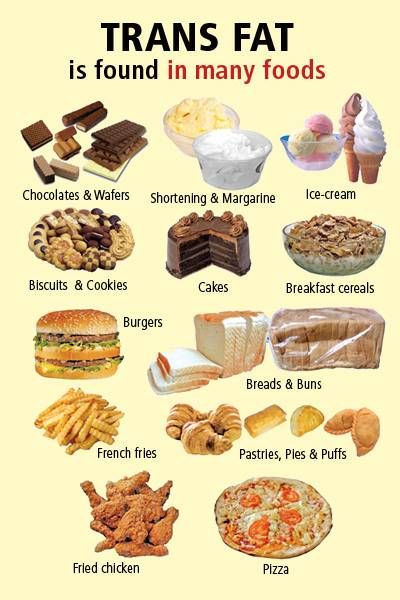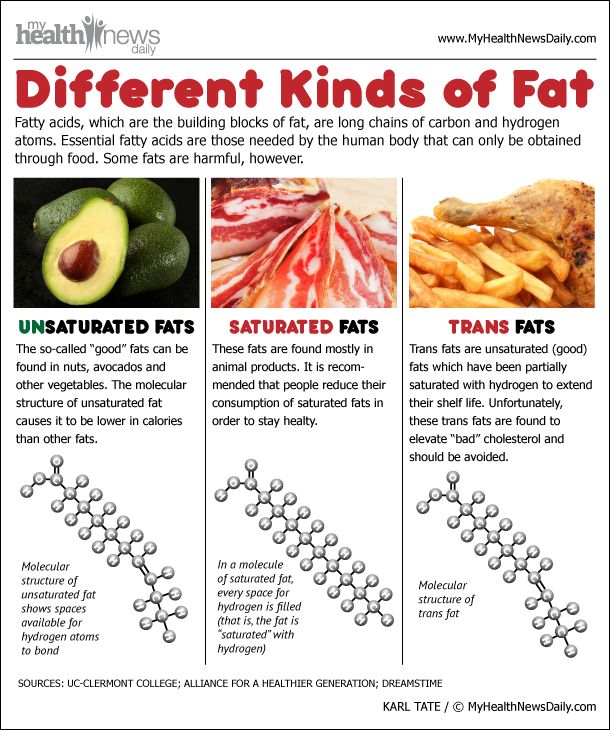does sugar have trans fat Why should i bother about trans fat?
Trans fats are a type of fat that is widely used in processed foods and can have negative effects on our health. It is important to understand the facts about trans fats in order to make informed decisions about our diet and lifestyle.
Facts about trans fats
 Trans fats are created through a process called hydrogenation, which involves adding hydrogen to vegetable oil. This process makes the oil more solid and increases its shelf life. Trans fats are commonly found in fried foods, baked goods, and processed snacks.
Trans fats are created through a process called hydrogenation, which involves adding hydrogen to vegetable oil. This process makes the oil more solid and increases its shelf life. Trans fats are commonly found in fried foods, baked goods, and processed snacks.
One of the main concerns with trans fats is their impact on our heart health. Consuming trans fats regularly can raise our bad cholesterol levels, which increases the risk of heart disease. Additionally, trans fats can lower our good cholesterol levels, which play a protective role in our cardiovascular health.
Another important fact about trans fats is their association with weight gain and obesity. Trans fats are highly calorific and can lead to an increase in body weight when consumed in excess. They also promote inflammation in our bodies, which can further contribute to weight gain and obesity-related health issues.
Trans fats are not naturally present in significant amounts in food. They are predominantly produced through industrial processes and are used to improve the texture, taste, and shelf life of many processed products. Therefore, it is important to read food labels and avoid products that contain partially hydrogenated oils, as they are likely to have trans fats.
Protecting your health
 Reducing your intake of trans fats can significantly contribute to protecting your health. There are several steps you can take to achieve this:
Reducing your intake of trans fats can significantly contribute to protecting your health. There are several steps you can take to achieve this:
- Choose healthier fats: Opt for unsaturated fats, such as olive oil, avocados, and nuts, which are beneficial for our health. These fats can help improve our cholesterol levels and reduce the risk of heart disease.
- Limit processed foods: Many processed foods, such as pastries, cookies, and fried snacks, are high in trans fats. Try to limit your consumption of these items and instead opt for homemade alternatives using healthier ingredients.
- Read food labels: When shopping, make it a habit to read the ingredient list and look out for partially hydrogenated oils. Avoid products that contain trans fats or opt for those with minimal amounts.
- Cook at home: By preparing your own meals, you have control over the ingredients you use and can avoid trans fats. Choose cooking methods like grilling, baking, or sautéing instead of frying.
It is crucial to prioritize your health by making conscious choices about the food you consume. By understanding the facts about trans fats and taking steps to limit your intake, you can protect your heart and overall well-being. Remember to prioritize a balanced diet and incorporate regular exercise into your lifestyle for optimal health.
If you are looking for Facts about trans fats: MedlinePlus Medical Encyclopedia you’ve came to the right page. We have 5 Pics about Facts about trans fats: MedlinePlus Medical Encyclopedia like Facts about trans fats: MedlinePlus Medical Encyclopedia, Facts about Trans Fats (TFAs) | PesPro and also Facts about Trans Fats (TFAs) | PesPro. Here you go:
Facts About Trans Fats: MedlinePlus Medical Encyclopedia
 medlineplus.govDoes Butter Have Trans Fat?
medlineplus.govDoes Butter Have Trans Fat?
 thedairydish.comFacts About Trans Fats (TFAs) | PesPro
thedairydish.comFacts About Trans Fats (TFAs) | PesPro
 pesproppt.wordpress.comfats fatty acids tfas
pesproppt.wordpress.comfats fatty acids tfas
Why Should I Bother About Trans Fat?
 www.diabetesendocrinology.intrans fat food foods fats fatty health acids cholesterol hydrogenated name polyunsaturated healthy why most heart disease true oil bad
www.diabetesendocrinology.intrans fat food foods fats fatty health acids cholesterol hydrogenated name polyunsaturated healthy why most heart disease true oil bad
The Truth About Trans Fats | Live Science
 www.livescience.comfats saturated unsaturated cholesterol biology hdl ldl macromolecules diet unhealthy reduce increase livescience bogusz ewa gram acids fatty biomolecules tate
www.livescience.comfats saturated unsaturated cholesterol biology hdl ldl macromolecules diet unhealthy reduce increase livescience bogusz ewa gram acids fatty biomolecules tate
Facts about trans fats (tfas). Does butter have trans fat?. Trans fat food foods fats fatty health acids cholesterol hydrogenated name polyunsaturated healthy why most heart disease true oil bad